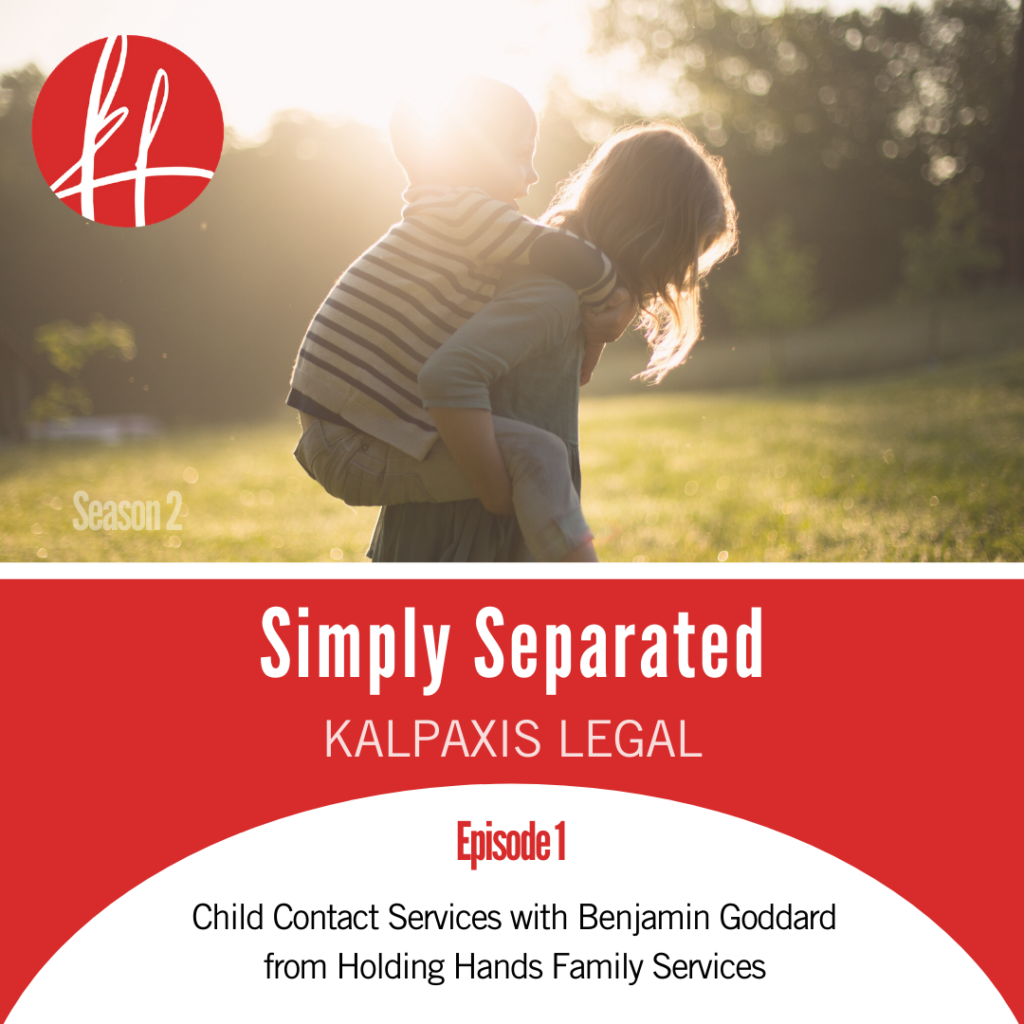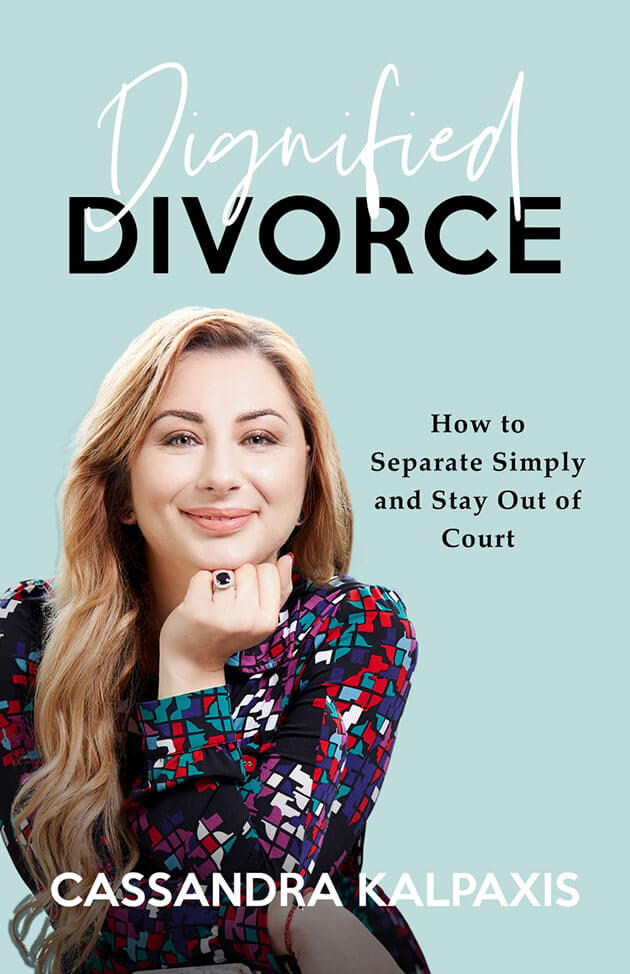
What is a Testamentary Trust
There are 4 key Parties in a Testamentary Trust:
- Settlor: the person who creates the trust (as part of their will).
- Trustee: responsible for carrying out the terms of the will.
- Beneficiary: person/s entitled to receive benefits of the trust.
- Court: the probate court oversees the handling of the trust by the trustee, ensuring the trust is properly followed.
A testamentary trust functions in a similar way to a discretionary family trust, with certain provisions of the will operating like a trust deed. It allows the trustees of each trust to decide, from time to time, which of the nominated beneficiaries (if any) may receive the benefit of the distributions from that trust for any given period. A testamentary trust can exist for up to 80 years but can also vest (be wound-up) earlier if the trustee so decides. Under a testamentary trust, the ultimate control and legal ownership of the estate is clearly with the trustee. The beneficiaries do not legally own the assets of the trust but have a right to be considered in the distribution of the income and capital of the trust.
A testamentary trust works together with a will, and is similar to a discretionary trust. The major difference between a TT and a discretionary trust is that the TT only takes effect upon the death of the person who made the will. The trust can be funded by some or by all of your assets, and by payments derived as a consequence of death, such as life insurance payouts and superannuation death benefits.
Upon the death of a Will-maker, the assets of the deceased are distributed to the trustee(s) of the testamentary trust that hold(s) the assets for and on behalf of the nominated beneficiaries.
The decision as to who the trustee of the trust is of necessity an important one so as to ensure that the appointee is one that is trustworthy, competent and will serve to protect the beneficiaries’ entitlements.
The assets are not transferred to the individual beneficiaries directly, but rather to a trustee of the established testamentary trust that holds the assets in the trust fund, for and on behalf of the beneficiaries.
The long-term success of a testamentary trust is dependent on planning and a high level of co-operation between family members.
Advantages
Testamentary trusts are widely recommended by Australian solicitors because they are inexpensive to run and provide extremely valuable asset protection and tax minimisation opportunities to beneficiaries
Asset protection — protects from unwanted claims by creditors, spouses or partners of the testator’s children. It also protects inheritances from family law claims. Testamentary trusts protect a beneficiary who is experiencing family law difficulties. With the inheritance held in a testamentary trust, the primary beneficiary can isolate inherited assets from personal assets. This helps to protect their inheritance from family law property proceedings following a divorce or a de facto break-up.
Tax benefits — income generated by the trust can be allocated between beneficiaries in a tax effective manner. Beneficiaries under the age of 18 years will be taxed at normal tax (adult) rates, not at penalty rates which are normally applicable for prescribed minors.
The main tax advantage of using a discretionary, testamentary trust is that any income, capital gains and franked dividends can be distributed among all your family beneficiaries each year in the most tax-efficient way. A trust does not have to pay income tax on income that is distributed to the beneficiaries, but does have to pay tax on undistributed income. The trustee is free to distribute trust income to as many beneficiaries as possible, and in proportions that take best advantage of those beneficiaries’ personal marginal tax rates. The beneficiaries then pay the tax on distributions made to them. So essentially, it gives a beneficiary the option to reduce personal income tax by splitting income from the investment of the inheritance between a range of family members on low tax rates. The trustee can choose to distribute income to minor beneficiaries of the trust with each beneficiary being able to receive up to $18,200 of income tax-free to pay for education and living expenses. For example , for a one million dollar estate that is invested for a modest 5% return, this equates to $50,000 income per year, which if distributed among children or low-income family members could equate over ten years to half a million dollars tax saved for the benefit of your family rather than the ATO.
The tax concessions apply to income and capital gains derived by the trust the assets you leave it. Tax concessions also apply to any income and capital gains derived from assets acquired from the reinvestment of moneys received from the original inherited assets.
Protection from bankruptcy — a well-structured trust will protect a beneficiary’s inheritance in the event of insolvency or bankruptcy. Since the assets are not owned personally by the beneficiary they do not form part of the beneficiary’s personal estate. A creditor or other person claiming against the beneficiary, therefore, cannot obtain the assets held in the trust.
Capital gains and stamp duty – Testamentary trusts also provide the opportunity for beneficiaries to minimise Capital Gains Tax which arises from the sale of assets. Capital Gains Tax is not triggered when an asset belonging to you passes via your Will to your executor or the trustee of a testamentary trust. Also, there is no Capital Gains Tax when your assets are transferred from the trustee of a testamentary trust to a beneficiary. As with the income of the trust, the trustee can select which of the beneficiaries of the testamentary trust should take the capital gain.
By choosing to distribute the capital gain to a beneficiary on a low or nil income, the capital gains tax liability can be significantly reduced. Holding the assets of an estate within a trust offers the beneficiaries an opportunity to defer the need for the sale of assets (and therefore capital gains tax) until later when more numerous beneficiaries come into existence. Tax that is deferred is tax saved.
These extremely valuable protections and financial advantages can last for 80 years. Testamentary trusts are also able to be passed across generations creating a long term protected financial legacy for your family. Testamentary Trusts are how families keep their wealth in the family.

Written by Collaborative Family Lawyer, Heela Khatiz
Want to learn more about Heela? Click here.








